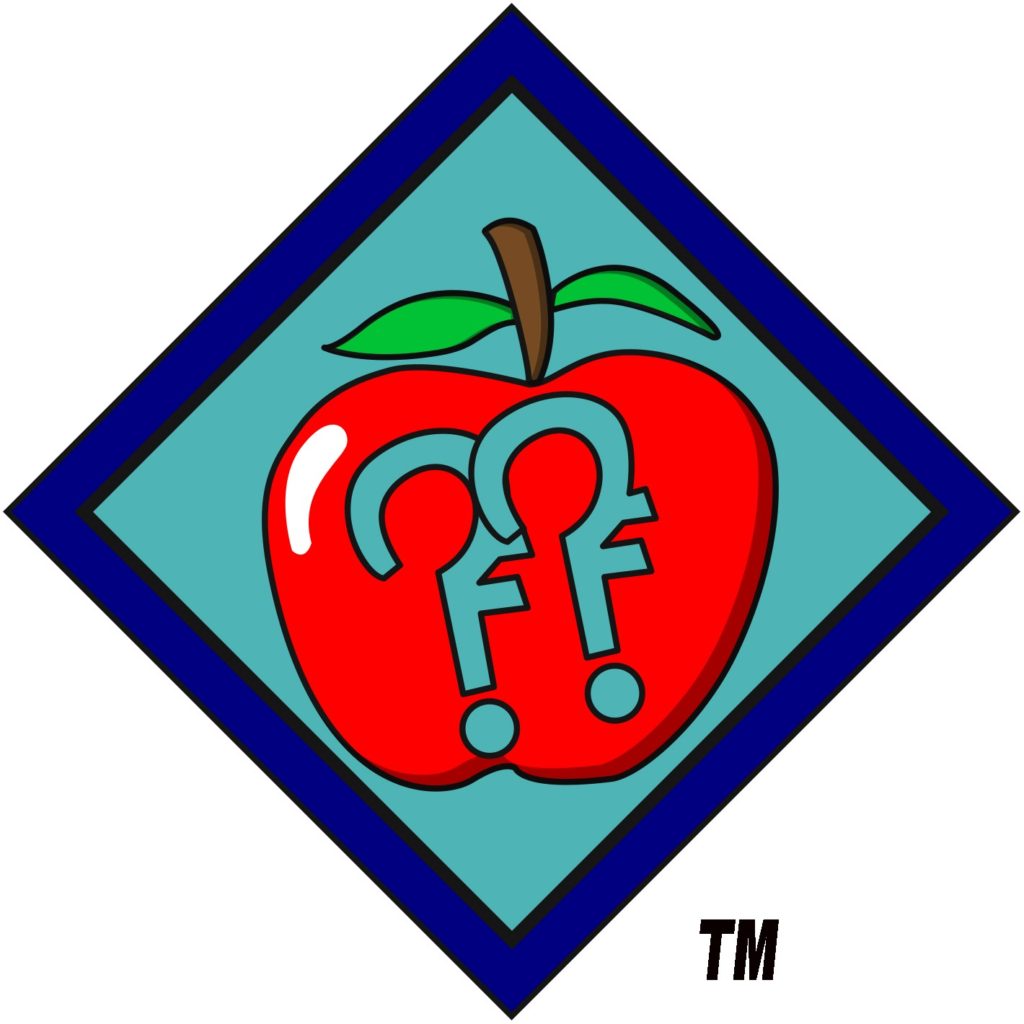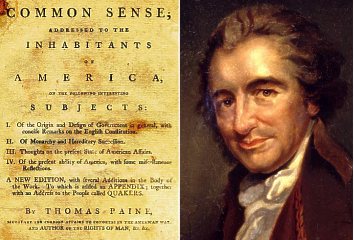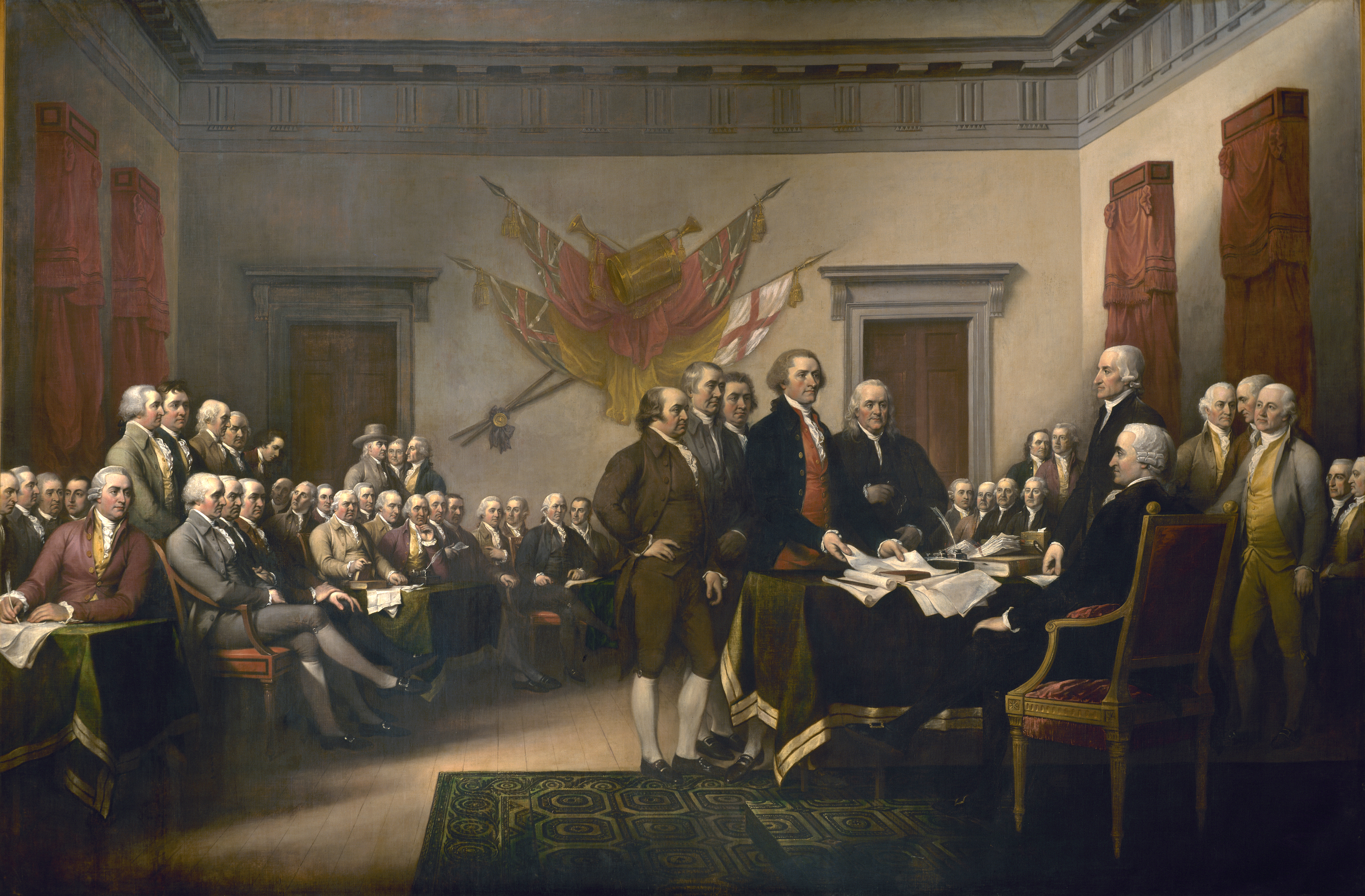
Doc X MD Storyoid©: “ …all men are created equal, that they are endowed by their Creator with certain unalienable rights, that among these are life, liberty and the pursuit of happiness.” So begins the Declaration of Independence, yet  when the initial battles in the Revolutionary War broke out in April 1775, few colonists from the original thirteen colonies neither sought so lofty goals nor desired complete independence from Great Britain, and those who did were considered radical and overcome with angriness.
when the initial battles in the Revolutionary War broke out in April 1775, few colonists from the original thirteen colonies neither sought so lofty goals nor desired complete independence from Great Britain, and those who did were considered radical and overcome with angriness.
Within months with growing hostility brewing toward Britain a majority of colonists came to favor independence. These sentiments were expressed in Thomas Paine’s bestselling pamphlet published in early 1776, “Common Sense.”
On June 7, 1776 the Continental Congress met in Philadelphia with a motion calling for the colonies’ independence introduced by Richard Henry Lee. Amid heated debate, Congress appointed a five-man committee including Thomas Jefferson, John Adams, and Benjamin Franklin justifying the break with Great Britain in a clear plea. On July 2nd, the Continental Congress voted in favor of Lee’s resolution for independence.
Historians have long disputed whether Congress actually signed the Declaration of Independence on the 4th of July day; even though Thomas Jefferso n, John Adams, and Benjamin Franklin all later wrote that they had signed it that way. Festivities including concerts, bonfires, parades, cannon firings, musket shootings and the first Liberty Bell ringing accompanied the first public reading on July 8th of the Declaration of Independence, beginning immediately after its acceptance.
n, John Adams, and Benjamin Franklin all later wrote that they had signed it that way. Festivities including concerts, bonfires, parades, cannon firings, musket shootings and the first Liberty Bell ringing accompanied the first public reading on July 8th of the Declaration of Independence, beginning immediately after its acceptance.
Philadelphia held the first annual commemoration of independence on July 4th, 1777, while Congress was still occupied with the ongoing war with feeling free vengeance. In 1781 Massachusetts became the first state to make July 4th an official state holiday and in 1870, the U.S. Congress made July 4th a federal holiday for all. Coincidentally, both John Adams and Thomas Jefferson, the only signers of the Declaration of Independence later to serve as U.S. Presidents died on the same day: July 4th, 1826, which was the 50th anniversary of the Declaration’s freedom feeling free call.
Doc X MD Feelingoid©: The 3 minute Doc X MD funny feelings© “Feeling Free,” and “Patriotism” heard on NPR shares with us that Behaviorist BF Skinner wrote reward, punishment, restraint, and compulsion affect our feeling free.
At their extreme, with thanks or regret each can bring us to a bended knee. Reward offers a prize for performing with skill. Punishment threatens a loss for an untoward action or delay. Restraint physically blocks performance in every way and compulsion forces activity against our will. Rewards aren’t restricted to material stuff like money, clothes, or food.
A smile, a kind word, or an attentive moment can elevate our mood. So too, punishment is more than a spanking spell. A frown, sharp phrase, or withdrawal of attention are punishing as well. Each of these ways of influencing behavior has a different impact on our sense of freedom.
Feeling free isn’t diminished no matter how compelling a reward. While incentives can create turmoil when offered for doing things that we otherwise wouldn’t do, we never regard them as falling on a sword. But, punishment, restraint, and compulsion do diminish our feeling free. Compulsion is the biggest culprit we will ever see. When physically compelled to act or say, we feel totally deprived of freedom, even if it’s something we would willingly have done anyway.
Doc X MD Opinioniod ©: We view restraint and punishment as reductions in freedom in proportion to their severity. If we’re prevented from driving an unlimited speed, that’s a reduction in freedom, but not a life changing moment.
But, restrict us from buying a car… that’s a significant loss of feeling free that’s undeniably potent. Threats of punishment have a similar affect. If we stop a conversation with a frown… feeling free is bruised. While, for a car thief sentenced to years in prison, there’s a massive loss of life never to be used.
When it comes to feeling free, reward motivation is a maximizer, restraint and punishment are reducers, and compulsion is a total depriver one can agree. It’s a Funny Feeling to know to support feeling free for ourselves and others reward is the key with restraint, punishment, and rarely compulsion to be used in limited quantity.
Koinonia,
Doc X MD
References
http://www.archives.gov/exhibits/charters/declaration_transcript.html
http://www.history.com/this-day-in-history/thomas-paine-publishes-common-sense
http://www.pbs.org/wgbh/aso/databank/entries/bhskin.html
http://www.history.com/topics/holidays/july-4th
http://kamu.tamu.edu/fmlocal/EpisodeList.php?show_id=1302023838
http://blogs.scientificamerican.com/mind-guest-blog/wassup-wikipedia-oh-wow/?print=true
https://docxmd.com